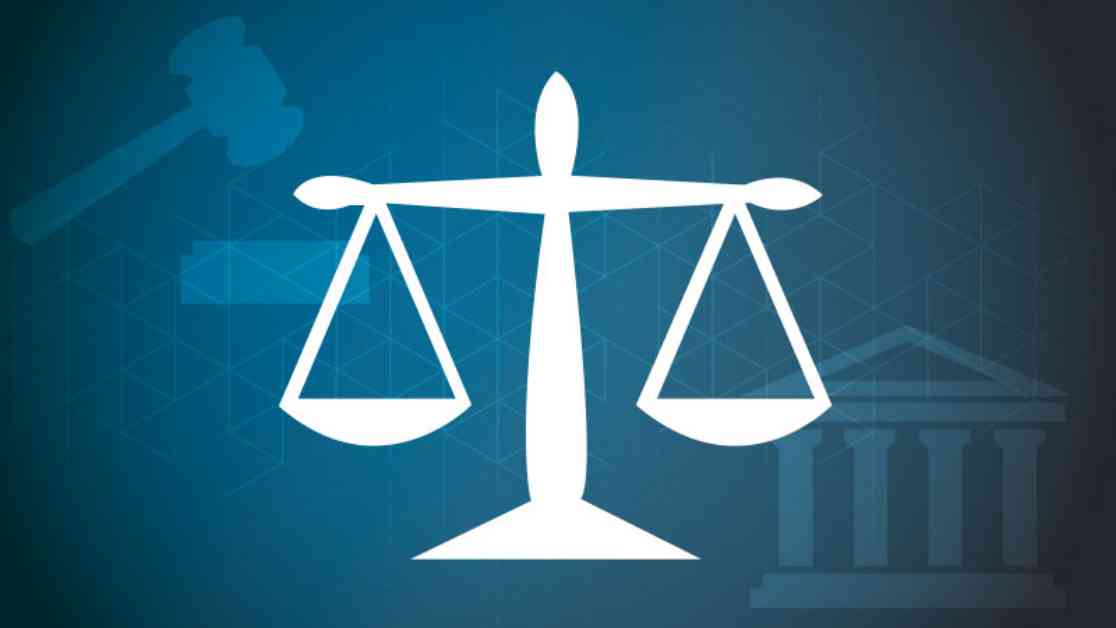An Iowa Supreme Court ruling has shed light on a critical issue concerning transparency and open records laws in Scott County. The ruling, which favored the release of applicant names for a vacant seat on the board of supervisors, has been met with approval by the Iowa Freedom of Information Council Executive Director, Randy Evans.
Evans emphasized the significance of the ruling, pointing out that the decision to keep applicant names confidential was a violation of the state’s open records law. He highlighted the importance of transparency in such matters, particularly when it comes to filling elected positions. The ruling clarified the distinction between job applicants and candidates for elective office, stressing the public’s right to access information about individuals seeking to hold public office.
The controversy arose when county officials opted to appoint a candidate to fill the vacant seat instead of holding a special election. This decision to keep the names of applicants confidential sparked a legal battle that ultimately led to the Supreme Court’s intervention. The court’s ruling underscored the need for transparency in the selection process for public office, emphasizing the importance of allowing voters to vet candidates and make informed decisions.
Evans pointed out that appointing someone to an elected position could provide them with an unfair advantage as an incumbent, potentially influencing future elections. By keeping applicant names confidential, the public was deprived of crucial information about the candidates’ qualifications, experience, and potential conflicts of interest. The ruling not only required the county to disclose the names of all applicants but also awarded the plaintiffs with all costs and reasonable attorney fees incurred during the lawsuit.
Expert Insights on Open Records Laws and Transparency
The Iowa Supreme Court’s ruling in the Scott County case has broader implications for open records laws and transparency in government. Legal experts and advocates for open government have hailed the decision as a victory for accountability and public trust.
According to legal scholars, the ruling reaffirms the principle that transparency is essential in the democratic process, particularly when it comes to filling elected positions. By requiring the disclosure of applicant names for public office, the court has upheld the public’s right to access information that is crucial for making informed decisions.
Advocates for open government have stressed the importance of transparency in ensuring that public officials are held accountable for their actions. The ruling serves as a reminder that government transparency is not just a legal requirement but a fundamental principle of democracy that safeguards the public’s trust in its elected officials.
The Impact of the Ruling on Future Elections
The implications of the Iowa Supreme Court’s ruling extend beyond the immediate case in Scott County. The decision to require the disclosure of applicant names for public office could have a significant impact on future elections and appointment processes across the state.
By shedding light on the selection process for elected positions, the ruling empowers voters to make more informed choices and hold candidates accountable for their qualifications and backgrounds. It also serves as a deterrent against potential abuses of power and nepotism in the appointment of public officials.
Moving forward, the ruling is likely to set a precedent for greater transparency and accountability in government decision-making processes. It underscores the importance of upholding open records laws and ensuring that the public has access to information that is vital for maintaining trust in the democratic system.
In conclusion, the Iowa Supreme Court’s ruling in the Scott County case has reaffirmed the importance of transparency and accountability in government. By requiring the disclosure of applicant names for public office, the court has upheld the public’s right to access information that is crucial for informed decision-making and safeguarding the integrity of the democratic process.





















